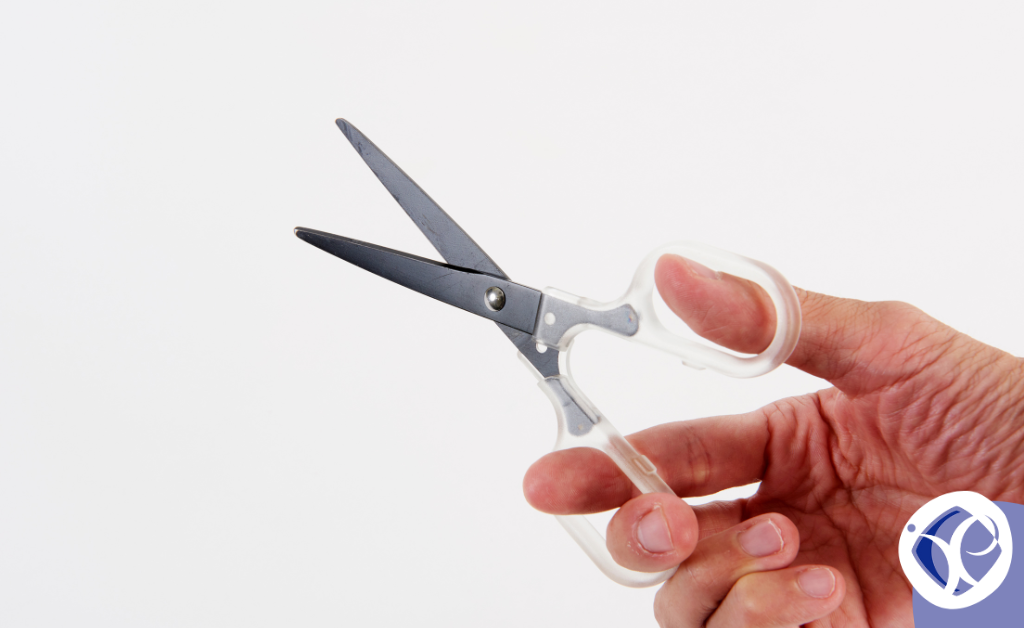You want to make sure you know how to reduce your VAT bill accurately, and you are not paying more than you have to. Here are 8 effective ways to reduce your VAT bill.

(4-minute read)
We will cover:
- The role of business expenses in minimising VAT
- Different VAT reliefs you might not know about
1- Maximise VAT on business expenses
Running a business means incurring a variety of expenses, such as travel costs, insurance, telephone bills and internet fees.
You can offset these expenses against company profits and effectively reduce your VAT bill.
A good example is the home phone line of the businessperson or director of the company. If you’re running your own business, you’re bound to use the phone for business-related calls.
HMRC will accept a reasonable apportionment between business and private and all kinds of other partially or mainly private expenses.
The same goes for the purchase of items like broadband costs, computers, and printers, which have got partial business use.
You can also put in a back claim where you’ve missed off these expenses in a prior VAT return.
If a limited company runs a business but the bills for part private/part business expenditure are in the names of an individual as a director of the company, it is still possible to claim back VAT on these expenses.
If the bill is no more than £250, it doesn’t matter if it isn’t addressed to the company or other business entity as such, but it still needs to be a valid VAT invoice. Additionally, the individual can make a reasonable apportionment between the business and private use of these expenses.
2- Claim VAT on ‘subsistence’
‘Subsistence’ is a posh word for eating and drinking. When traveling on business, knowing how to reduce your VAT bill becomes crucial.
When travelling on business you’re entitled to claim the VAT back on a ‘reasonable’ bar, restaurant, or hotel bill.
What is ‘reasonable’ isn’t defined, but absolutely no rule says that you’re not allowed to drink alcohol.
If you’re away from home for work reasons, you can claim these subsistence costs.
3- When converting buildings
If you’re a contractor, you might know about this valuable VAT relief.
Rather than paying the 20% VAT rate, you can dramatically reduce your construction budget.
The 5% reduced rate of VAT is available for a wide range of residential conversion and renovation projects. However, many overlook it.
The 5% rate of VAT applies for three types of ‘residential conversion’:
-A ‘changed number of dwellings’ conversion
-A house in multiple occupations (HMO) conversion
-A ‘relevant residential purpose’
If you convert a building or part of a building and the result is a different number of dwellings, whether that number goes up or down, then the services of builders, and the materials they provide along with their services, are at the rate of 5%, rather than the usual 20%.
The rate also applies for converting single occupancy dwelling to multiple occupancy dwelling (HMO), and converting buildings into certain types of residential property, of which the most frequently found are care homes and children’s homes.
4- Use unregistered traders
This is a benefit to using the small guy, operating on his own or perhaps with one partner.
If you are using a VAT-registered contractor for a more major project, it’s sometimes possible to arrange to pay their subcontractors direct, rather than via the main contractor.
In this instance, you may be getting the benefit of a VAT-free deal, whereas the main contractor would, of course, have to add on 20%.
5- Car accessories
If you use a car for business purposes and it has been purchased by the VAT-registered business, you can claim back VAT on accessories you buy and fit later.
6- The scorched-earth policy when rebuilding a house
Often such alterations are so wide ranging as effectively to create a new house.
But the nub of the VAT situation here is that anything short of a complete rebuilding, involving razing the walls of the old house to the ground, will not qualify for the VAT ‘zero rating’.
So, if you demolish the old house completely, rather than, say, retain some walls it could also end up quite a bit cheaper because all the materials and labour involved in building the new house are completely VAT free.
7- Business splitting
In some business, 20% of turnover is equivalent to 20% of profits, because the sort of businesses whose customers can’t reclaim the VAT can find a 1% increase in their sales income results in a 19% reduction in their profits.
This basic rule is got round by different individuals, or different companies, running the different businesses.
8- Keep your accounts in order
The most important tip of all is to make sure your accounts are in order, as VAT mistakes can be costly and time-consuming.
Make sure you have a good team of accountants handling your tax affairs for you, especially if you decide to embark on tax-saving strategies.
Contact us today at 01772 788200 to find out more about how we can help, or WhatsApp us out-of-hours at 07787 010190.
Sending an e-mail is simple too, just fill out this short form and we’ll get back to you!
Kind regards Ilyas
